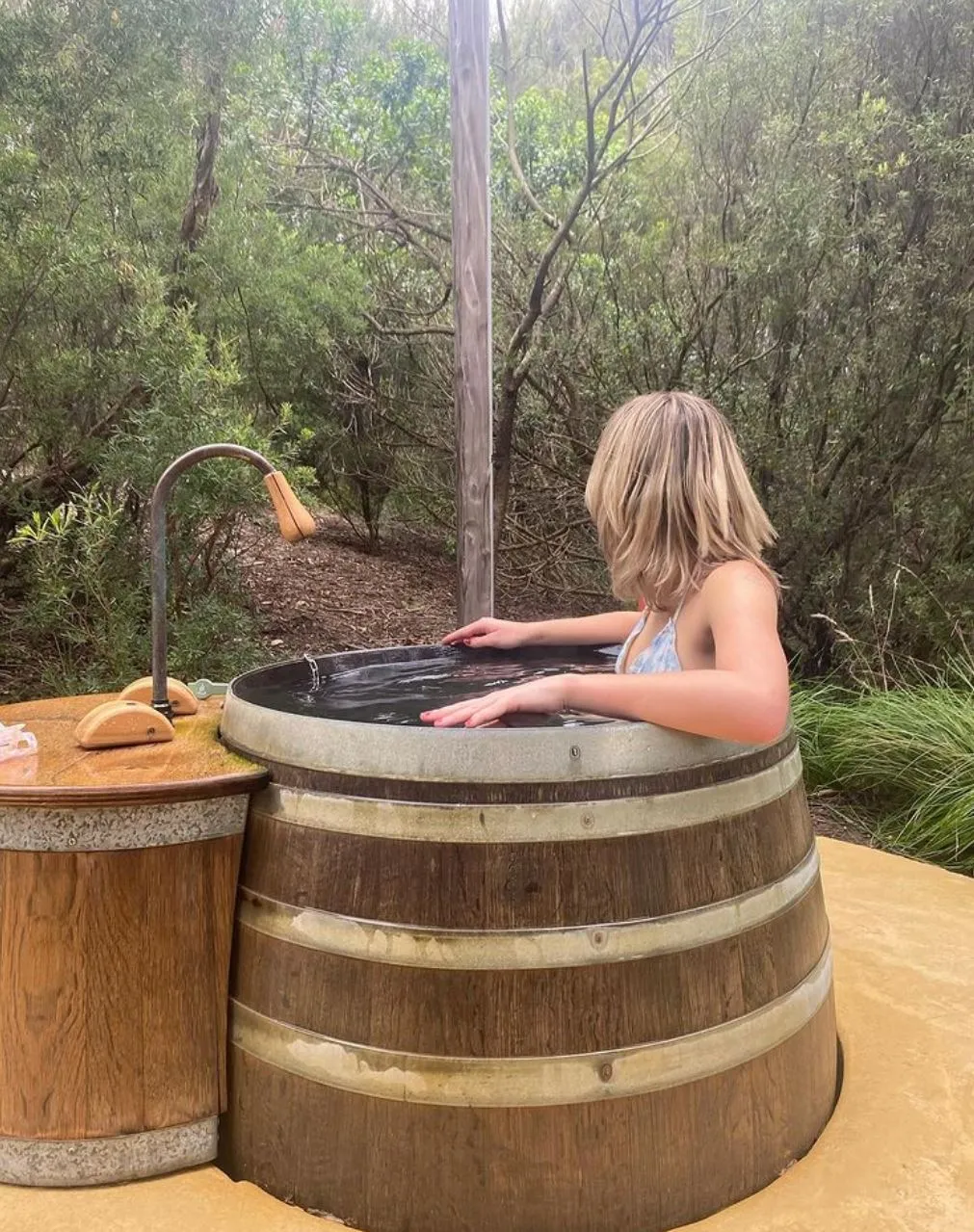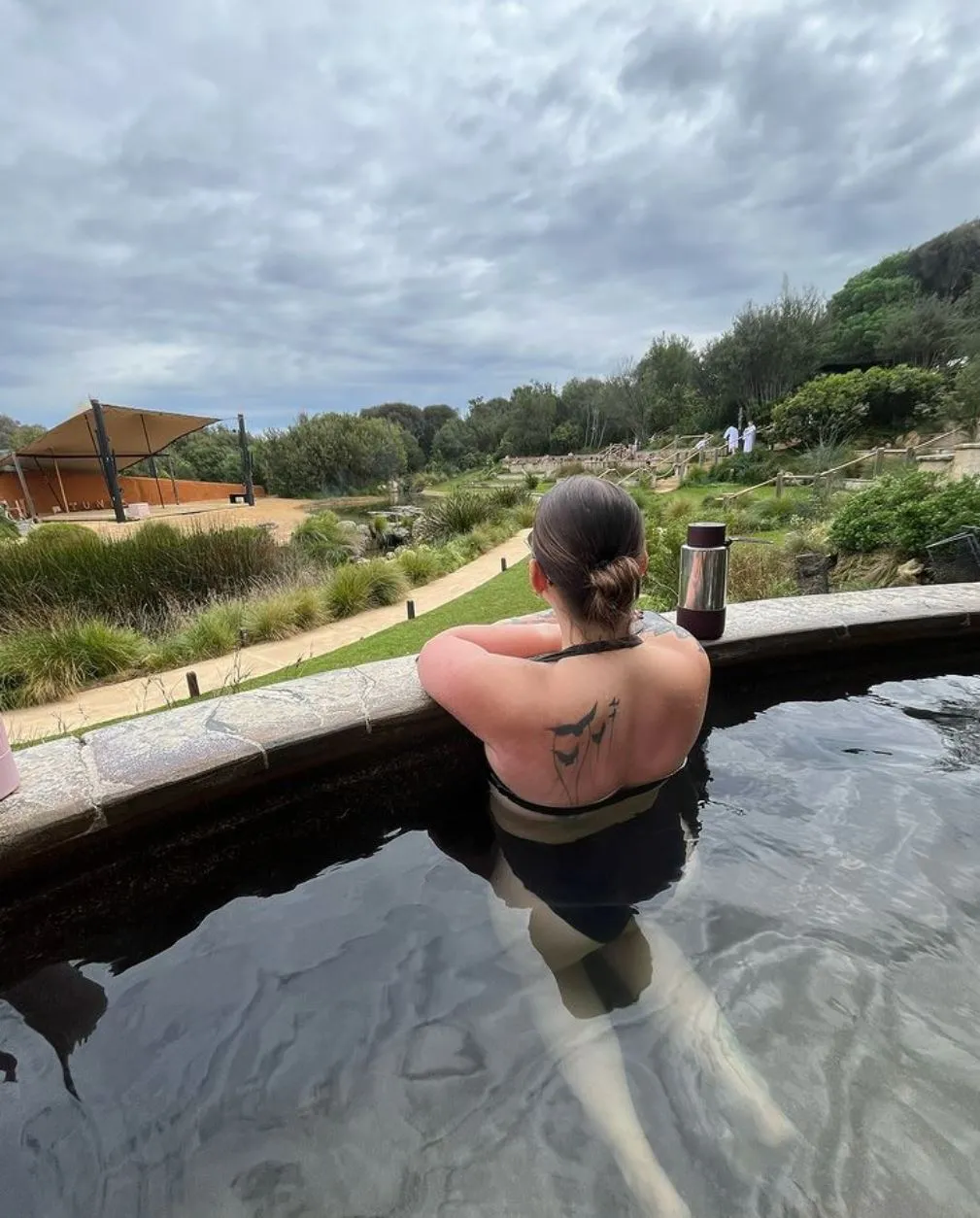Hot springs have been around for ages for their healing waters and health benefits, but if you have high blood pressure or other heart conditions, you may wonder if they are safe. Hot spring bathing has unique physiological effects that can be good or bad for people with heart conditions. This article will explore the benefits, cardiovascular risks and expert advice for enjoying thermal waters safely.
The Magic of Hot Springs

Hot springs, also known as geothermal springs, are natural bodies of water heated by the Earth’s geothermal energy. Often rich in minerals like magnesium, calcium and sulphur, these mineral-rich waters are great for circulation and arthritis. Soaking in hot pools or thermal waters has become a global wellness trend often associated with resorts like the Peninsula Hot Springs in Australia.
The warm waters are believed to be a natural remedy for many health conditions from stress relief to heart health. But for people with high blood pressure or heart disease the interaction between hot water bathing and cardiovascular risk factors needs to be considered.
Heart Benefits

When you get in warm water, the body goes through several physiological responses that affect the human body and its systems:
- Improved Blood Circulation: The thermal effect of hot water immersion causes vasodilation, in which blood vessels widen, blood flow increases, and oxygen delivery increases.
- Blood Pressure Drop: The heat can cause a drop in blood pressure by reducing systolic and diastolic pressure. This is good for hypertensive patients under controlled conditions.
- Increased Heart Rate: Prolonged hot bathing can increase cardiac output and heart rate, which can be bad for people with chronic heart failure or unstable heart conditions.
- Core Temperature Regulation: Hot water therapy raises core temperature, which can improve stress adaptation but can cause heat stress if not managed properly.
Bathing for High Blood Pressure

Hot springs may be beneficial for those with controlled high blood pressure:
Blood Pressure
A study on hypertensives found that regular thermal water exposure can help with hypertension control. The gradual drop in blood pressure while soaking can reduce overall cardiovascular load.
Stress
Stress is a major contributor to heart disease and high systolic blood pressure. Relaxing in a resort while soaking in geothermal water can lower cortisol levels and reduce cardiovascular risk.
Detoxification
Mineral content in the bathing water helps remove acid waste and improve skin condition, indirectly supporting overall wellness and stress management.
Arthritis Relief and Pain Management

For those with arthritis or musculoskeletal issues, the warmth of the water reduces joint stiffness, and mobility improves.
Better Sleep
Nighttime hot spring bathing has been linked to better sleep due to the body’s relaxation response and adaptive response to increased core temperature.
Risks and Precautions

While hot spring bathing has many benefits, it has risks, especially for those with pre-existing medical conditions like congestive heart failure, systolic hypertension or ischemic heart disease.
Heat Stress
Soaking in hot water for a long time can cause heat stress and cardiac stress, especially for hypertensives or those taking antihypertensive medication.
Dehydration
Not drinking enough water during and after hot water immersion can cause dehydration, worsening the effects on blood pressure.
Blood Pressure Variations
Sudden changes in core temperature or exposure to cold weather after soaking can cause significant cardiovascular stress.
Medication Interaction

Taking blood pressure medication with hot springs can cause too low blood pressure, dizziness or fainting.
Duration and Temperature
Soaking too long in very hot water increases pulse pressure and is bad for those with chronic heart failure or patients with extrasystole.
Safety Tips
To get the health benefits of geothermal springs with minimal cardiovascular risk, follow these:
- See a Doctor: Always see a doctor before visiting a hot spring, especially if you have a serious medical condition or need to take blood pressure meds.
- Check the Temp: Opt for water under 40°C (104°F) to avoid heat stress.
- Time it: 10-15 minutes in the water and take breaks.
- Hydrate: Drink water before, during and after soaking to stay hydrated.
- No Temperature Shock: Gradually go from hot pool to cold water or air to not stress your cardiovascular system.
Studies and Practices
Previous studies on hypertensive patients and normotensive control subjects showed that short and controlled hot water therapy can lower ambulatory blood pressure and reduce stress. Night time hot spring bathing has been shown to improve heart health in people with adaptive exercise habits.
Other therapies like infrared saunas also provide similar benefits without the risk of hot water immersion.
Alternatives for Heart Health
If you can’t visit a hot spring, try these alternatives:
- Moderate Exercise: Walking or swimming in warm swimming pools can improve circulation and heart health.
- Infrared Saunas: Many of the thermal benefits of hot springs without the stress of immersion.
- Adaptive Stress Response Techniques: Yoga, meditation and controlled breathing are great for lowering cardiovascular risk factors.
Onsen Habits and Hypertension
In Japan, onsen habits (hot springs) are a part of daily life. Nighttime hot spring bathing groups have better cardiovascular outcomes, which shows the importance of routine and moderation in heart health. This aligns with the findings that thermal therapy can improve adaptive stress response and manage systolic hypertension.
Final Thoughts

Hot springs can be safe for those with high blood pressure if you take the necessary precautions. Whether you’re on the Melbourne Hot Springs tour or other famous hot springs, understanding how your body reacts to thermal water is key. Always consult a doctor, stay hydrated and limit your time to have a safe and relaxing experience.
FAQ
Can hot springs lower blood pressure?
Yes, the warm water causes vasodilation which can lower blood pressure temporarily but effects vary from person to person.
Are hot springs safe for patients with chronic heart failure?
Not always. Patients with chronic heart failure or other severe cardiovascular conditions should consult a doctor before getting in the hot pools.
How long can hypertensive patients stay in hot springs?
10-15 minutes is a safe duration, depending on the water temperature and your health.
Can hot springs help with stress-related high blood pressure?
Yes, the environment and thermal effects reduces stress which can help manage stress induced blood pressure spikes.
What to do when bathing in hot springs?
Stay hydrated, limit your time, check the water temperature and don’t get cold water or air suddenly after soaking. Consult a doctor for personalized advice.
